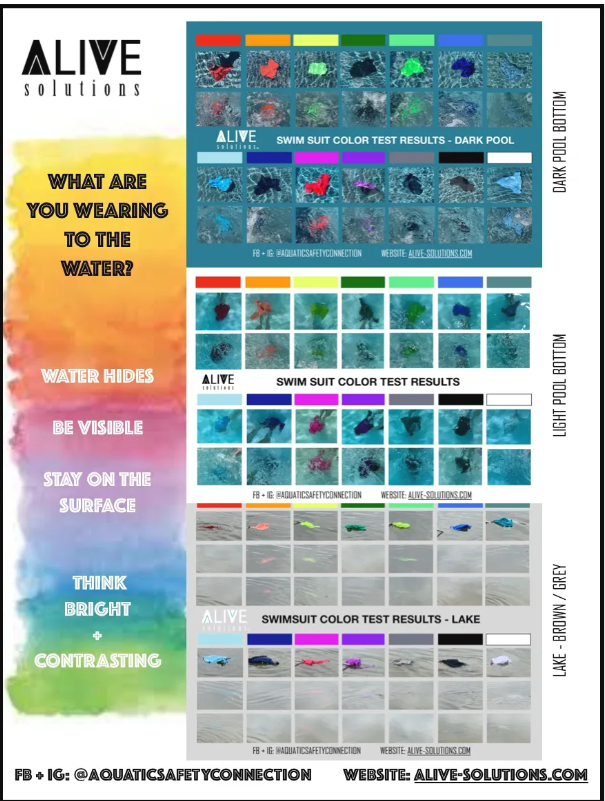Summer fun is just around the corner & our friends at Kids First Swim School of Plymouth Meeting want to make sure you and your family have the most fun, SAFE time splashing in the water all season long! The team at Kids First is dedicated to making sure children (and adults) gain the skills they need to swim with confidence and give parents peace of mind. Swimming is a not only a ton of fun and a quintessential part of childhood- it's also a life skill! Children who know how to swim properly are inherently safer around any body of water than those who don't- or worse yet those kids who are overconfident of their abilities, but lack a strong foundation.
It's that core mission that drives the team at Kids First Swim School of Plymouth Meeting to create a supportive and engaging atmosphere where kids learn the life-saving skill of swimming. They offer weekly group, private and semi-private classes as well as a variety of programming, Friday Night Family Swim Hours and special events! Coming up next will be their Open House on May 18th! Attendees will receive a 15 minute evaluation of their skill set which will let parents know what level of support their child needs moving forward.
Because Kids First is passionate about water safety, they also want to share out safety tips to the community.
Here are the top 10 things parents and caregivers should review with their children before swim season.
1). No running. The area surrounding pools is most likely wet and it's just too easy to slip and fall. A tumble and sore bottom are one thing, but a head bump and fall into the pool can be catastrophic. To prevent accidental drownings, broken bones, scrapes, and other injuries a blanket "no running in the pool area" is best.
2). Waiting for an adult. Even kids who know how to swim should still wait for an adult to be present and attentive before headed into water. Additionally, they should ask an adult before jumping or diving into the pool.
3). Throw, Don't Go. Kids should be taught to throw a life preserver or floaty to a friend in distress and then immediately get adult help. They should not go and try to "rescue" the other child themselves.
4). Use the steps &/or designated enter and exit points. This helps to avoid slip and falls. Additionally, jumping in at an unexpected place could lead to accidently jumping on top of another swimmer or into an area of the pool too shallow.
5). Be safe with pool floats/rafts/noodles. While these things are generally designed to help keep one afloat, kids can get stuck upside down- especially if used improperly. Don't assume a child is safe because they're using an inner tube; be alert.
6). Be attentive/designated adult. Assign adults to watch specific children. It's not enough to have an adult in the same area as kids swimming, they should be actively watching them. It's easy to assume an adult has an eye out for the kids in general- don't. This is particularly true at family/group gatherings where there are lots of kids and parents. Make sure your child is specifically being watched by an adult if you need to step away for a moment.
7). Stay away from pool drains. While a rare occurrence- hair, bathing suits, and even body parts can get stuck on a broken/cracked pool drain causing the swimmer to be stuck underwater. Teach kids to identify where drains are in the pool & to steer clear when swimming. When arriving at a pool, always check drains for damaged or missing covers.
8). Choose the right swim suit color. Believe it or not, the color of your child's swim suit can save their life. Below are images from Alive Solutions. As you can see, once submerged, white, blue, green, & purple are very hard to distinguish underwater. Bright, neon colors such as pink, yellow, orange, & red are easier to spot.
9). Teach kids not to have breath-holding competitions. These can quickly become dangerous, especially if a child panics underwater.
10). Have open, age appropriate talks with kids about water safety & why these rules are in place. Honesty is always the best policy. Explain why there are special rules around water activities and why water can be particularly dangerous (although very fun!).
Finally. Set your child up for success!
Teach your child to swim or invest in swim lessons. Insist on properly fitting life vests or floaties until they have mastered the skill of swimming. Invest in swim classes for your kids- we know of a great option in Kids First Swim School of Plymouth Meeting and you can attend their open house on the 18th to check it out for yourself!!

Kids First Swim School Plymouth Meeting
2905 Dekalb Pike, East Norriton PA 19401
610-279-7946
Email: teaira@lovetoswim.org



